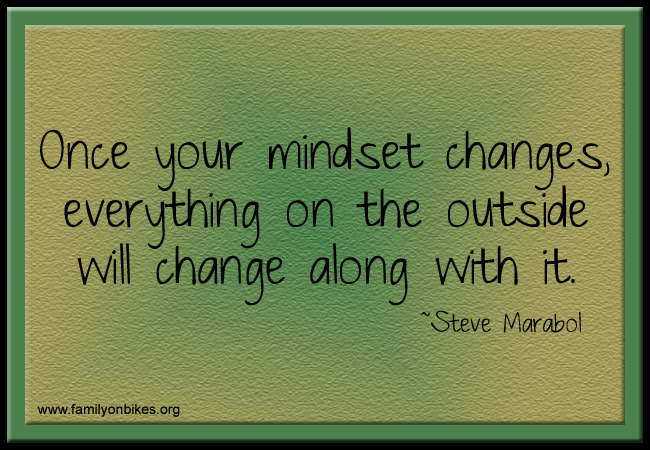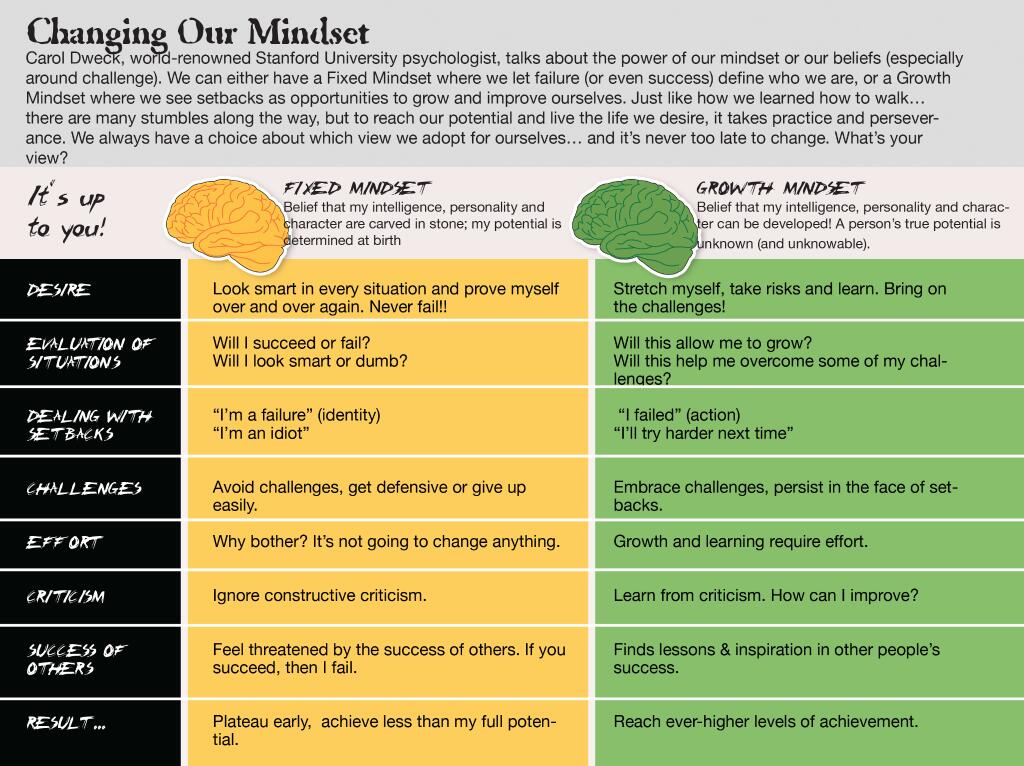 There is absolutely no doubt that family-school engagement enhances family-school well-being, collective confidence, and school climate. But it does not come without its struggles. While both families and schools can identify numerous things to do each and every day and the mindsets needed to enhance the connection, it is often difficult to find our way there. We can solve the surface level barriers such as childcare, transportation, resources, and refreshments, anticipating that families will feel welcome, valued, and respected, but there are many hurdles that are buried deep below the surface, often grounded in societal, familial, and political norms, expectations, pressures, and narratives.
There is absolutely no doubt that family-school engagement enhances family-school well-being, collective confidence, and school climate. But it does not come without its struggles. While both families and schools can identify numerous things to do each and every day and the mindsets needed to enhance the connection, it is often difficult to find our way there. We can solve the surface level barriers such as childcare, transportation, resources, and refreshments, anticipating that families will feel welcome, valued, and respected, but there are many hurdles that are buried deep below the surface, often grounded in societal, familial, and political norms, expectations, pressures, and narratives.
A Note to School
There are days when I am dismayed by what I see in the world: talk of broken and impoverished families and how these impact student success and well-being; traditional family stereotypes represented in images; resources that are full of text, long and too complex for many. And I wonder at how these impact our efforts at family-school engagement. While we work hard to meet families where they are, I often find that many families cannot weed through the negative narrative imposed upon them from the outside world. Unpredicted and unanticipated responses, in turn, impact the climate and culture of family-school engagement – while some of this is positive, sadly, some days, it is not so great. It truly is overwhelming, and there are days when I am not quite sure whether we will get there. I’m left realizing that when we say we are all in this together, it really is much bigger than family and school, and extends into the global world as well.
A parent activist
The work to be done in family-school engagement does not just fall on the shoulders of the school, but requires ongoing energy, commitment, and engagement of all stakeholders. There are times when all involved need to take a reflective and introspective stance at what is said and done and how it supports the overall goal of family-school engagement from the bottom-up and the top-down.
Regardless of what we do, we must work within a paradigm of critical thinking and social justice, aiming at times to change our mindset. We must not simply accept all that we are given, but instead ask these types of questions:
- How do we interrogate the current philosophies and practices of family-school engagement?
- How can we dig below surface level meanings to understand fully what is being said and done?
- How do we move toward meaningful and authentic family-school engagement that balances knowledge and power between family, school, district, community (local and global), and government?
Reaching beyond the mandate of family-school engagement requires conscious attention and active decision-making at all levels (e.g., families, schools, communities, governments); this will bring us one step closer to authentic and meaningful partnerships that contribute to a more positive narrative, one that we can be proud of.
So then, where do we begin?
 Interrogate and explore consistencies and inconsistencies. At the heart of changing our mindset is looking from multiple perspectives at what we do and don’t do. We can ask questions such as, What do we do well as a family-school community? What do we do well as just one individual who is part of a larger community? What do we do well as a community, a district, agovernment agency? What are the assumptions and messages that underlie the decisions we make? Do we, as families, believe that schools should do what we ask, tell, or advise? Do we, as schools, expect that families have the time, energy, capacity to follow through on all school-initiated tasks? Do we, as community, district, government, assume that families have the time, energy, capacity, technical skill to access and read websites, communiqués, etc.? What happens when schools or school councils, working so hard to acknowledge the diverse strengths and needs of their families and work within their unique contexts are required to apply a one-size-fits-all approach that seemingly contradict the work that they have been doing? What happens when a single media statement about the impact of broken or impoverished families is released that presents one view, albeit very stereotypical? How are our efforts at school thwarted? Really, the bottom line is that from child all the way through to families, teachers, directors, ministers, even prime ministers are charged with maintaining a respectful and compassionate stance, and sometimes this requires a subtle, or not so subtle, shift in mindset. This is not to say that accountability doesn’t play in, but simply that there are times when we need to take a step back and recognize the impact of inconsistencies and conflicting narratives, both our own and those of a global world.
Interrogate and explore consistencies and inconsistencies. At the heart of changing our mindset is looking from multiple perspectives at what we do and don’t do. We can ask questions such as, What do we do well as a family-school community? What do we do well as just one individual who is part of a larger community? What do we do well as a community, a district, agovernment agency? What are the assumptions and messages that underlie the decisions we make? Do we, as families, believe that schools should do what we ask, tell, or advise? Do we, as schools, expect that families have the time, energy, capacity to follow through on all school-initiated tasks? Do we, as community, district, government, assume that families have the time, energy, capacity, technical skill to access and read websites, communiqués, etc.? What happens when schools or school councils, working so hard to acknowledge the diverse strengths and needs of their families and work within their unique contexts are required to apply a one-size-fits-all approach that seemingly contradict the work that they have been doing? What happens when a single media statement about the impact of broken or impoverished families is released that presents one view, albeit very stereotypical? How are our efforts at school thwarted? Really, the bottom line is that from child all the way through to families, teachers, directors, ministers, even prime ministers are charged with maintaining a respectful and compassionate stance, and sometimes this requires a subtle, or not so subtle, shift in mindset. This is not to say that accountability doesn’t play in, but simply that there are times when we need to take a step back and recognize the impact of inconsistencies and conflicting narratives, both our own and those of a global world.
Solve problems systematically and in multiple contexts – keep the lines of communication open from the bottom-up and top-down. Recognize that enhancing family-engagement and changing mindsets do not just take place at the micro-level (e.g., family and school), but also require active engagement and awareness at the macro-level (e.g., community agencies, district school boards, government). Keep the lines of communication open and maintain a continuous cycle of interrogation and exploration of consistencies and inconsistencies – consult, invite feedback, and listen. At times, we overlook the impact of a single statement or the way that information is presented; return to these statements and offer a counter-narrative. Return to these initiatives and offer supports. Challenge those that make sweeping generalizations and stereotypical comments that undermine the work that we, as families and schools, do everyday. Recognize that there are some problems we can solve and others that will require more effort. Offer solutions that support families and schools. For example, we do a great job at translating information into multiple languages, but translation assumes a minimal level of literacy… perhaps it is time to include a listen button on websites designed for children and families (just as I have on this blog).
Be an advocate. Be an activist. Do not let the negative narratives about families and schools interfere with engagement and relationship. Open the tough conversations and be willing to stand behind them. There are times when this means that a solution will be negotiated and other times, where “no” will be warranted. This does not mean that families are unwelcome or schools are uncooperative, but that at times, activism requires negotiation and an ability to see multiple perspectives. Families, as well as schools, need to engage in critical and courageous conversations in and out of school. It is not simply the role of the school to engage families, but it is also incumbent upon families to engage in whatever ways work best – this may not always be in the school building, but instead may be engagement with their children in a range of ways. Again, the research is inconclusive about whether it is engagement in school-based work or inspired family practice that makes the greatest difference. And even more importantly, families need to recognize that they, too, contribute to the negative narrative each time they speak negatively or offer criticism. If we are not part of the solution, then it is likely that we are contributing to the problem.
And finally, be patient, be consistent, and keep it simple. Rome wasn’t built in a day, and family-school engagement will not change overnight. Be aware of the struggles, but keep them in check with the many successes. Work toward a growth mindset as opposed to a fixed mindset. Recognize that we may not see a change on a day-to-day basis or even immediately, but if we step back and look from the outside in, we just might see family-school communities lingering, happy to be engaged with children in a multitude of tasks both in and out of school. And is this not the ultimate purpose of family-school engagement?

Changing mindsets is not easy, but in the end, it’s all worth it!

